
Two researchers with a troubled publication history about vaccine safety have withdrawn their third paper.
Along with several other co-authors, Christopher Shaw, of the University of British Columbia, and Lucija Tomljenovic, of the Neural Dynamics Research Group, recently withdrew a 2017 paper about a controversy over a tetanus vaccination program in Kenya.
The paper has been republished in the same journal, adding another chapter to Shaw and Tomljenovic’s confusing record of publishing and withdrawing papers. The journal did not respond to our request for comment, but Shaw told Retraction Watch:
Continue reading For the second time, researchers retract — then republish — a vaccine paper

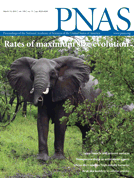
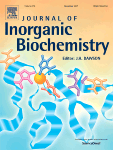
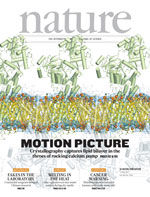
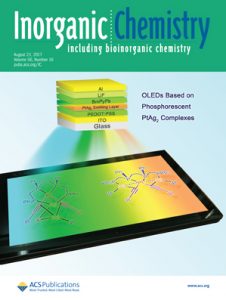


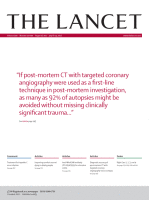
 When a journal discovers elementary design flaws in a paper, what should it do? Should it retract immediately, or are there times when it makes sense to give the researchers time to perform a “do-over?”
When a journal discovers elementary design flaws in a paper, what should it do? Should it retract immediately, or are there times when it makes sense to give the researchers time to perform a “do-over?” This week, the New England Journal of Medicine issued a type of editor’s note we’ve never seen before, on a
This week, the New England Journal of Medicine issued a type of editor’s note we’ve never seen before, on a